Grower Stories #53: Isaac Ekholm and Melissa Beseda
Published
Updated
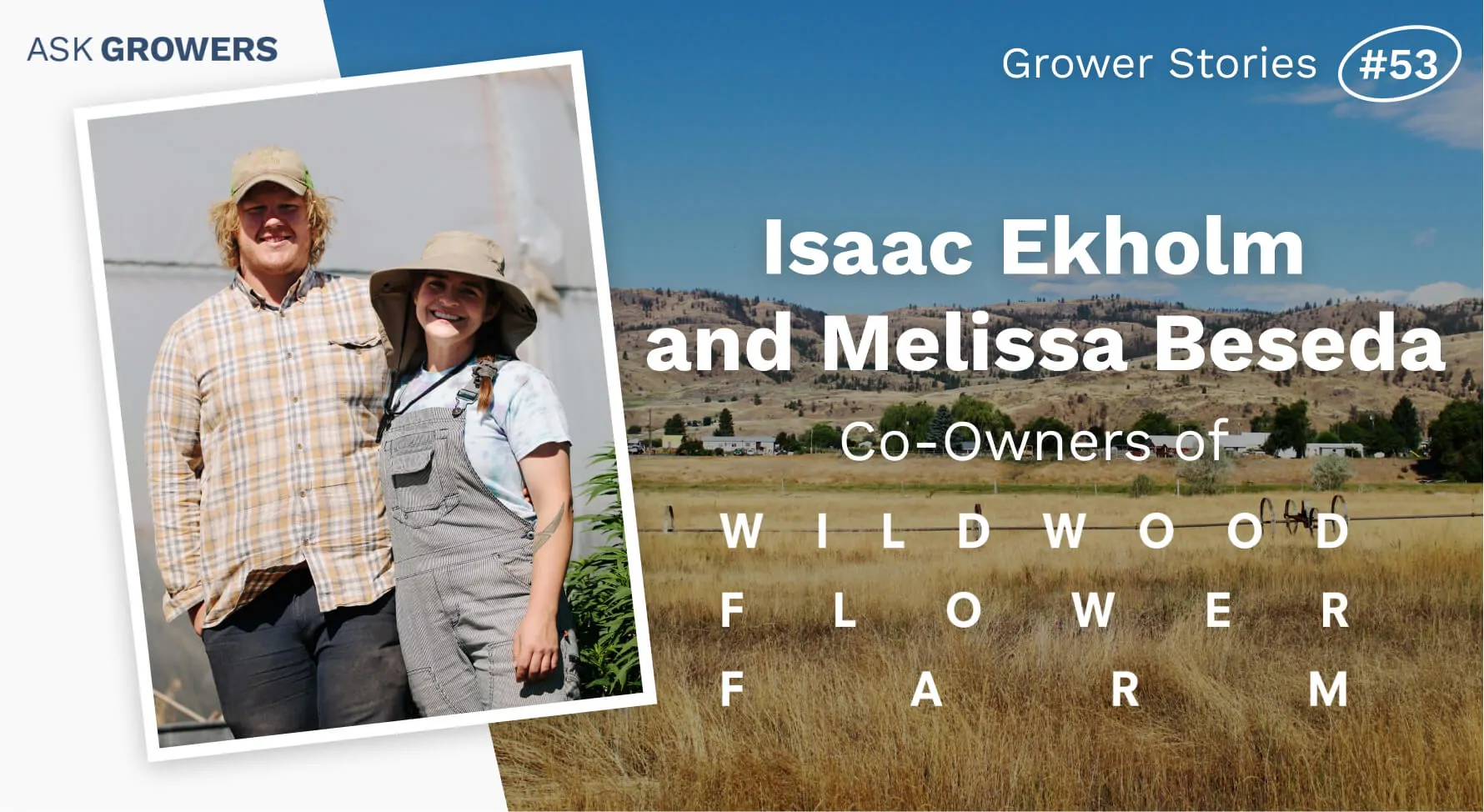
Call Them Your Flower: An Interview with Wildwood Flower Farm
Just like the song that this West-Coast cannabis company takes their name from, Wildwood Flower is a brand worth remembering. Check out our interview with their co-founders Isaac Ekholm and Melissa Beseda about their growing methods, their commitment to sustainability, and the future of the cannabis industry in the coming years.
Tia (AskGrowers) : What’s your story? How did you start the brand?
Melissa/Isaac : Both of us began our careers in the non-profit sector where we worked normal desk jobs. We began cultivating medical cannabis for Isaac’s father in 2014 as a way to help with some of his MS symptoms. This quickly became a passion of ours and we applied for a license as soon as Washington state fully legalized cannabis production. We were inspired to start a brand called Wildwood Flower because we love the old song.
We also see the name Wildwood Flower Farm as a call to be in harmony with nature. Farm is not wild by definition, but we approach farming as a way to foster the wildness of the plant and let them grow with minimal interventions. We want it to invoke an image of a time when agriculture wasn’t industrialized and small family farms thrived.
We are proudly farmer-owned and all of the flower that we grow is hand-tended by us. We live at our farm so the plants get a lot of attention. We have two brands: Wildwood Flower is an accessible, value-driven brand that provides consistent, quality flower at an affordable price to strike the ideal balance of value and quality. Farmer’s Stash is a curated collection of our favorite strains, hand-selected and -trimmed from our stash to yours.
Tia : How do you grow your weed? Do you have a specific approach that’s unique?
Melissa/Isaac : We grow our weed under the full spectrum of the sun and in living soil. Farmer’s Stash is grown inside our high tunnel greenhouses where they are protected from more extreme weather. We have put a lot of effort into building and maintaining soil health. We use organic soil amendments, cover crops, and companion planting. We companion plant with alfalfa, marigolds, and a pollinator wildflower mix. Every year the soil seems to get better.
After all of our cannabis flower is harvested and beginning its long cure inside, we move our goat herd into our field (the required 8-foot fence is the only barrier they’ve not been able to break out of ?). Goats are great for soil regeneration: their hooves aerate the soil, their foraging keeps the weeds under control, and their manure goes into our compost which will enrich the soil for years to come.
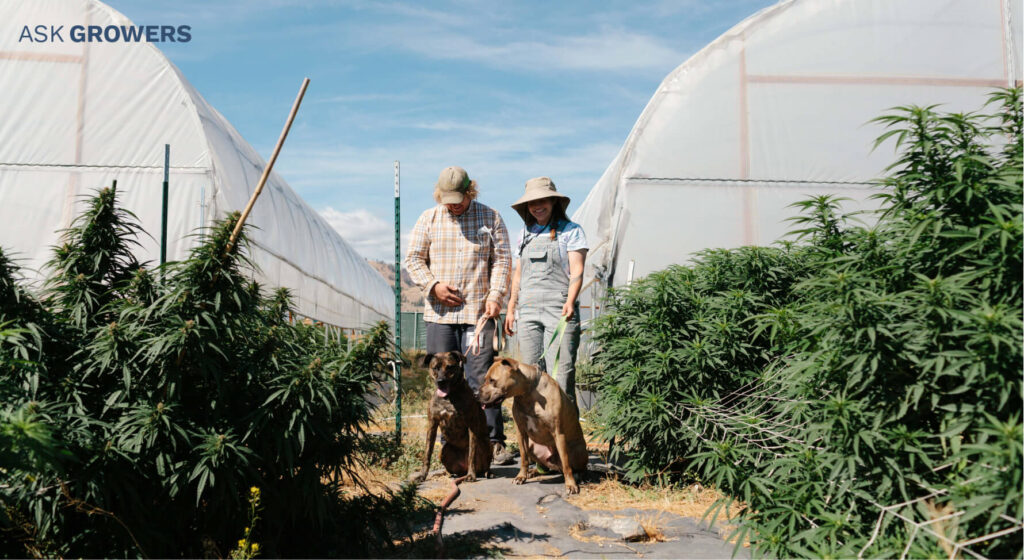
Tia : You position Wildwood Flower as a sustainable cannabis company. What changes have been made to promote sustainability?
Melissa/Isaac : Studies have concluded that the indoor cannabis industry may account for 1% of energy consumption in the United States. We grow high quality, small-batch weed under the natural light of the sun without the use of supplemental lighting. We try to close the loop as much as we can with our inputs: all of our plant waste is composted and will amend the soil for the next crop. Since we are on a well, we are very cognizant of our water usage and practice strict water management practices.
We only use natural, OMRI-rated pesticides that are gentle on the environment, beneficial insects, and predatory mites.
We have also minimized our use of mylar packaging, opting instead for kraft paper stand up bags. As part of our 5-year plan, we’d like to replace all of our packaging with compostable materials and begin converting to solar energy.
Tia : How does Wildwood Flower maintain transparency in its product line from seed to sale?
Melissa/Isaac : All of our flower is traceable from clone or seed to sale via our traceability software. Each gram of flower is part of a small batch (5 pounds or less) that is rigorously quality assurance tested by a third-party lab. We also pesticide test our harvests. We never buy any flower from other farms and so any product you buy from us will be flower that we grew and harvested by our hands.
Tia : Mention three reasons why people should choose you over other brands? What sets you apart from other brands?
Melissa/Isaac : Local Philanthropy and community involvement. We are fortunate to be doing what we are doing and strive to support the community that has given us this chance as much as we can. So we give back to causes that we care about: justice reform, education, civil liberties, equity, the environment.
Consistency and variety. Our product is consistent because we cultivate, hand-trim, and bag it ourselves. A lot of care and thought goes into our products and that is something the consumer benefits from. We bring in 5-10 new strains a year because as consumers ourselves, we love to try new strains that live up to the quality we expect and we love to share those strains with others.
Healthier Product. We have very strict guidelines regarding what inputs we use which ensures a safe product for us and our customers.
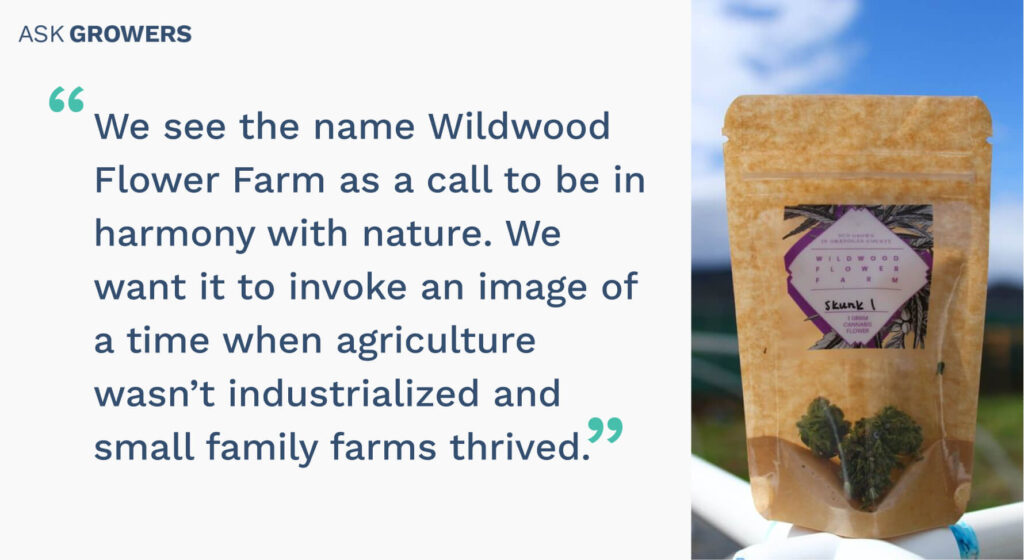
Tia : In your experience, what strain has been the most difficult to grow?
Melissa/Isaac : Blue Zkittlez has been our most difficult strain to grow. While very rewarding most of the time, we’ve had difficulty cultivating it so that the flower is consistent due to our very hot and arid summers. If grow during cooler times, it does a lot better, and we love the end result more often than not.
Tia : What strain is the easiest to grow, and what made it so simple?
Melissa/Isaac : Skunk 1 is a reliable strain that loves the dry, hot, long days of the Okanogan highlands and is very pest resistant.
Tia : In your experience, what are the conditions to grow the best weed?
Melissa/Isaac : The best conditions to grow are outside under the full sun, in living soil with lots of organic material. The long, hot, and dry summers of the Okanogan Highlands also provide an optimal environment where cannabis plants thrive.
Tia : What are your personal favorite strains to smoke?
Melissa/Isaac : Sunshine #4 from Bodhi Seeds is our perennial favorite. Her earthy, sweet, citrus aroma defies definition (sweet, lemon, skunk, pine, and more), but she smells good enough to eat and has a smooth floral exhale.
Another is the South African Landrace. We chose from around 50 phenos and landed on one that is a little light on yield and but very heavy on earthy/floral terpenes that make it a very enjoyable smoke without much of a couch-lock effect.
Tia : Are there any brands/growers/farms you appreciate and follow?
Melissa/Isaac : We love the work of A Pot Farmer’s Daughter. We could look at her work all day. Melissa serves on the board of [tooltip title="Washington Sungrowers Industry Association (WSIA)" content="The association of cannabis farmers of Washington State" url_title="Visit website" url="http://www.washingtonsungrowers.org/" ]the Washington Sungrowers Industry Association[/tooltip] and we’d recommend checking out member farms. We have a lot of great neighbors in the Okanogan Valley and there’s still a lot of independent, craft farms out here. Cannasol, Lazy Bee, Puffin, just to name a few.
Tia : If you could smoke with anyone on this planet, living or dead, who’d that be and why?
Melissa/Isaac : I would love to share a joint with [tooltip title="Janis Lyn Joplin" content="American singer and songwriter in the genres of blues, soul, gospel, country and rock."]Janis Joplin[/tooltip]. She’d have so many great stories. Hopefully, she’d be up for some karaoke after the session.
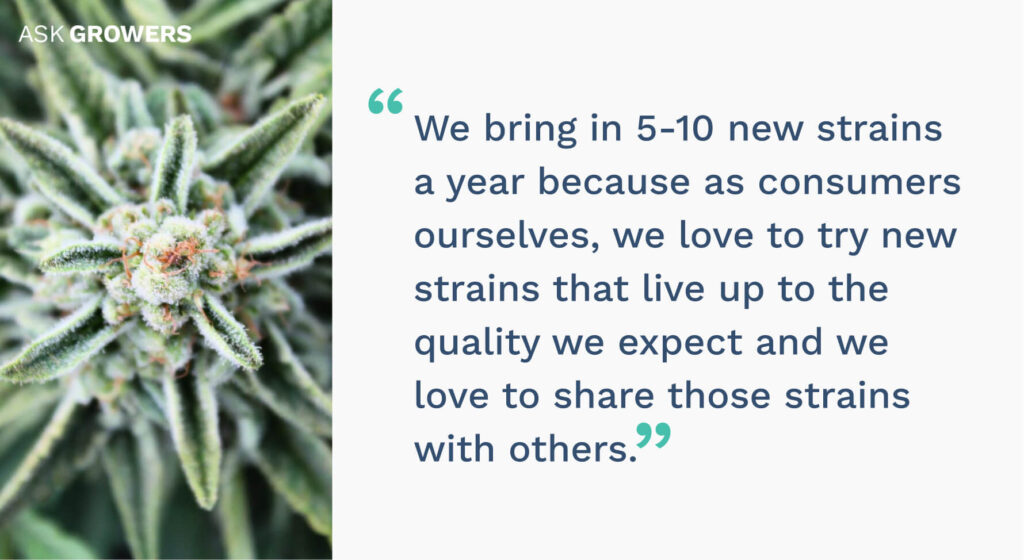
BLITZ:
- Why was weed made illegal?
In the early 1900s, Cannabis was associated with immigrants from Mexico, and “studies” linked cannabis use to violence, crime, and social deviance as a justification of the growing Anti-Mexican xenophobia during the Great Depression. Additionally, prohibition and temperance were in the air after the 18th Amendment was ratified and, along with heavy lobbying from the paper industry, cannabis got swept into anti-narcotic legislation.
- Will weed be legal federally?
Eventually!
- Does weed help with cramps?
Yes! It helps tremendously with cramping and other body aches.
- Does weed help with pain?
Weed is a powerful analgesic. We don’t use OTC pain medication anymore.
- Can weed help headaches?
Yes! We’ve made our own homemade salve that we use as a headache balm. It provides immediate relief!
- Does weed help with depression?
Weed can help with depression, but it should not be the main treatment used for your mental health. Be sure to check in with yourself if you’re using weed for depression because an overreliance can make depression worse.
- Do weed leaves have THC?
Sugar leaves (covered in Trichomes near the flower) have THC and fan leaves also have trace amounts of THCa.
- Can weed cause seizures?
We defer to the research on this one.
- Indica or Sativa?
Our preferences lie more on a terpene spectrum instead of the Indica / Sativa dichotomy. Myrcene- and caryophyllene-rich strains for nighttime unwinding and trouble getting to sleep and linalool- and limonene-rich strains for daytime use.
- Why should weed be legal?
The government should not be imprisoning people for cannabis-related offenses while collecting tax money from companies growing cannabis.
You can follow Wildwood Flower Farm at:
Thank you so much, Wildwood Flower team, for taking the time to do the interview. To learn more about them, head on over to their website.

 Interviews
Interviews
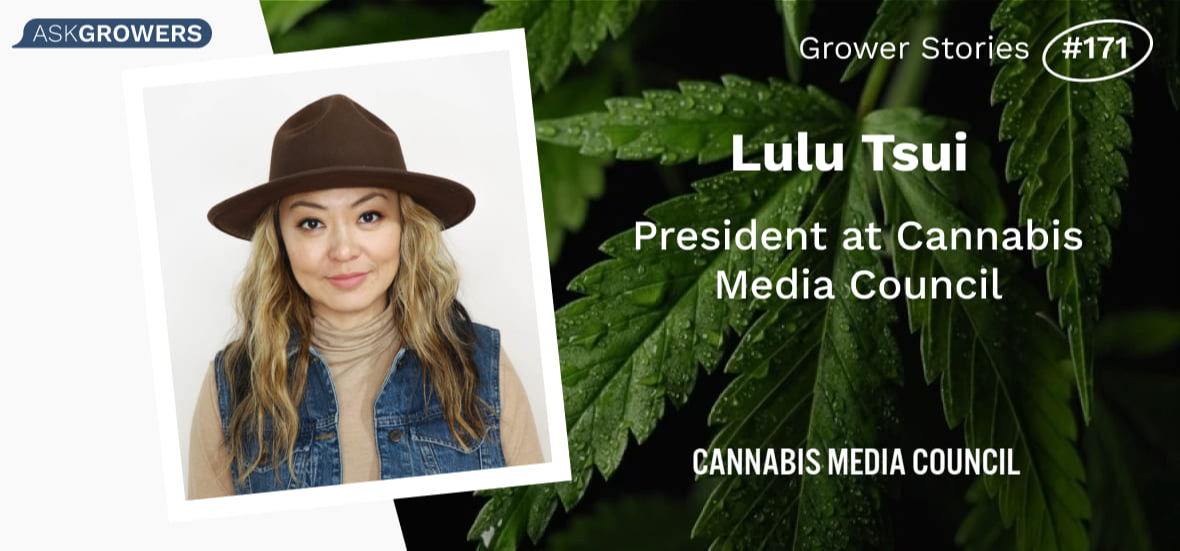
.png)
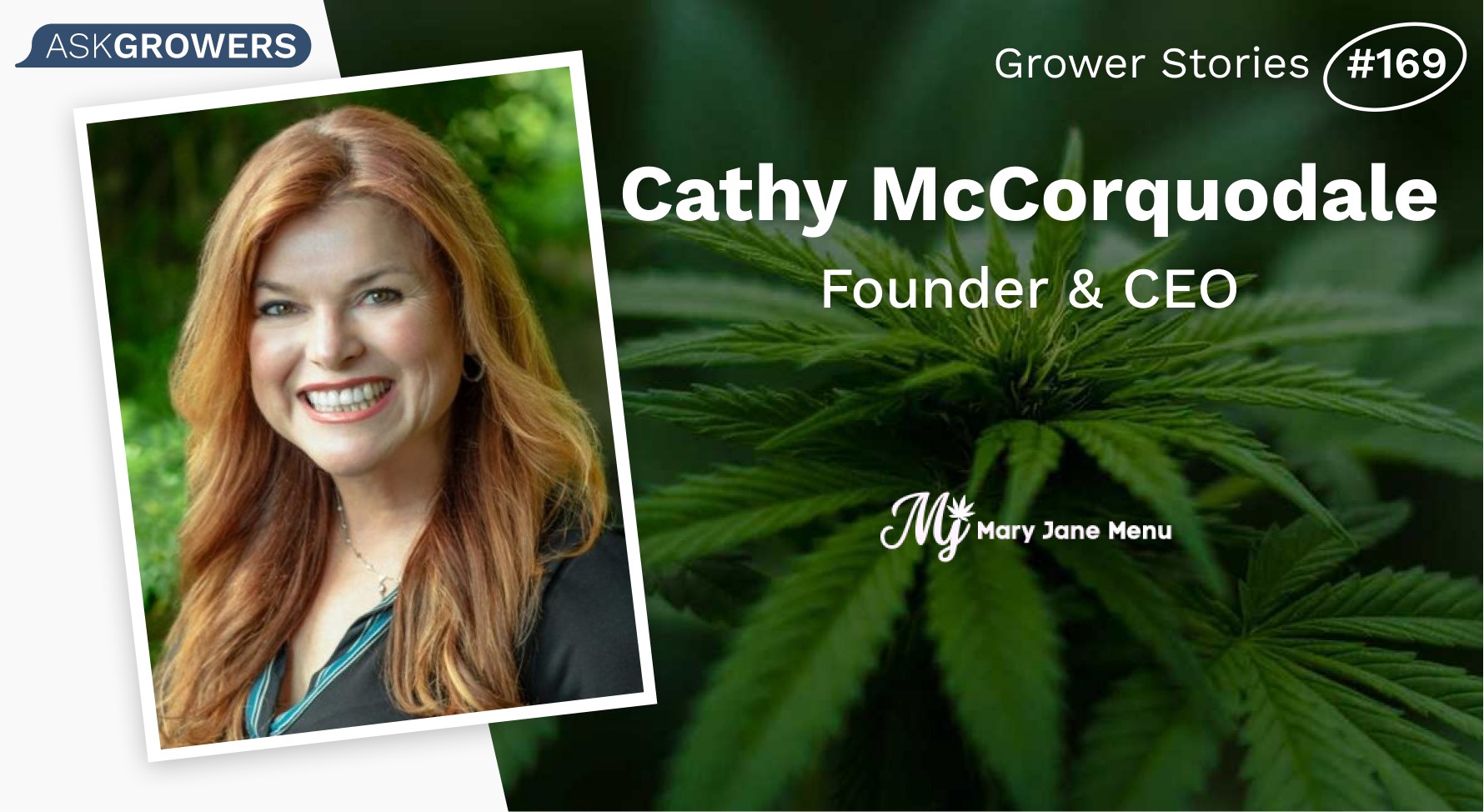
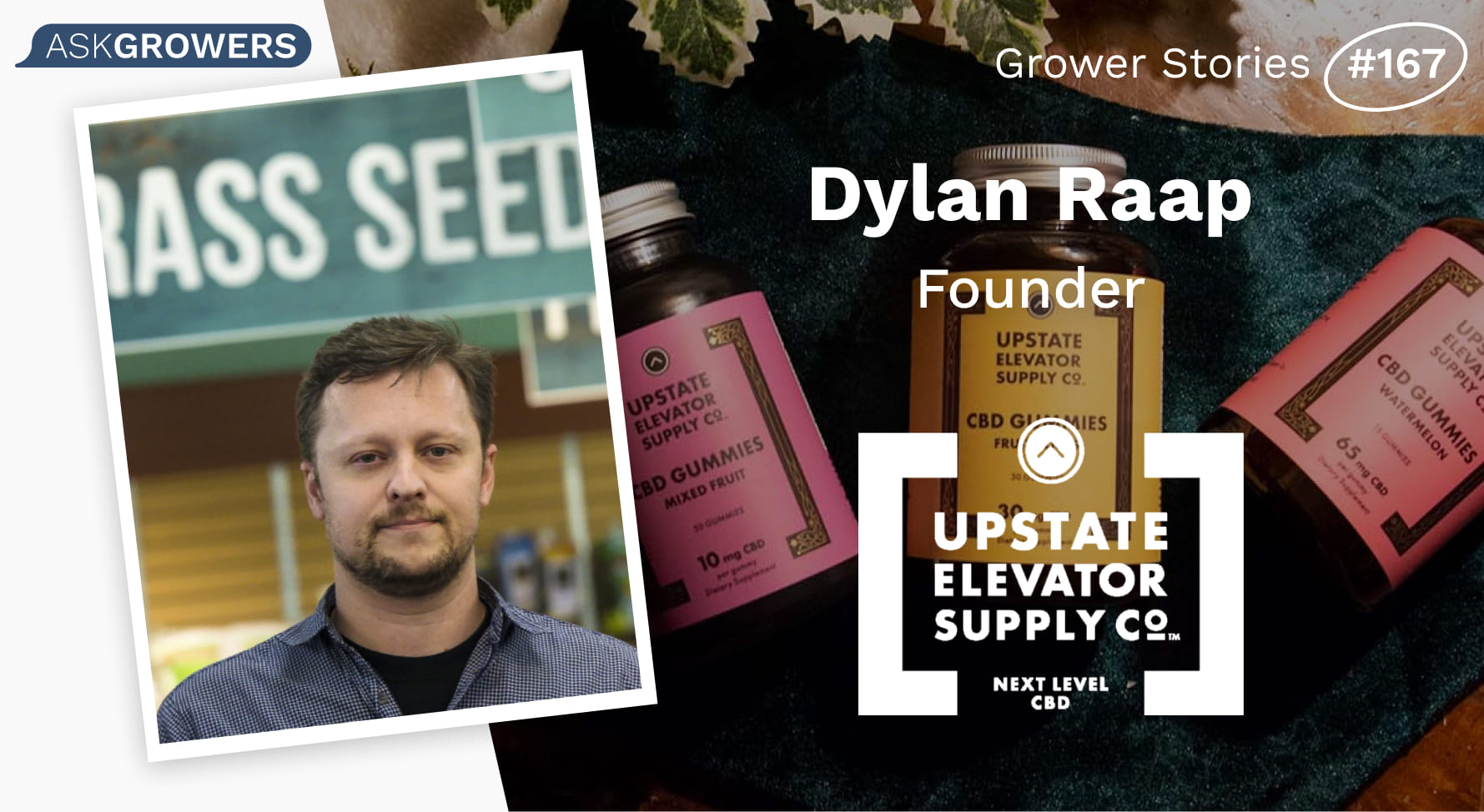
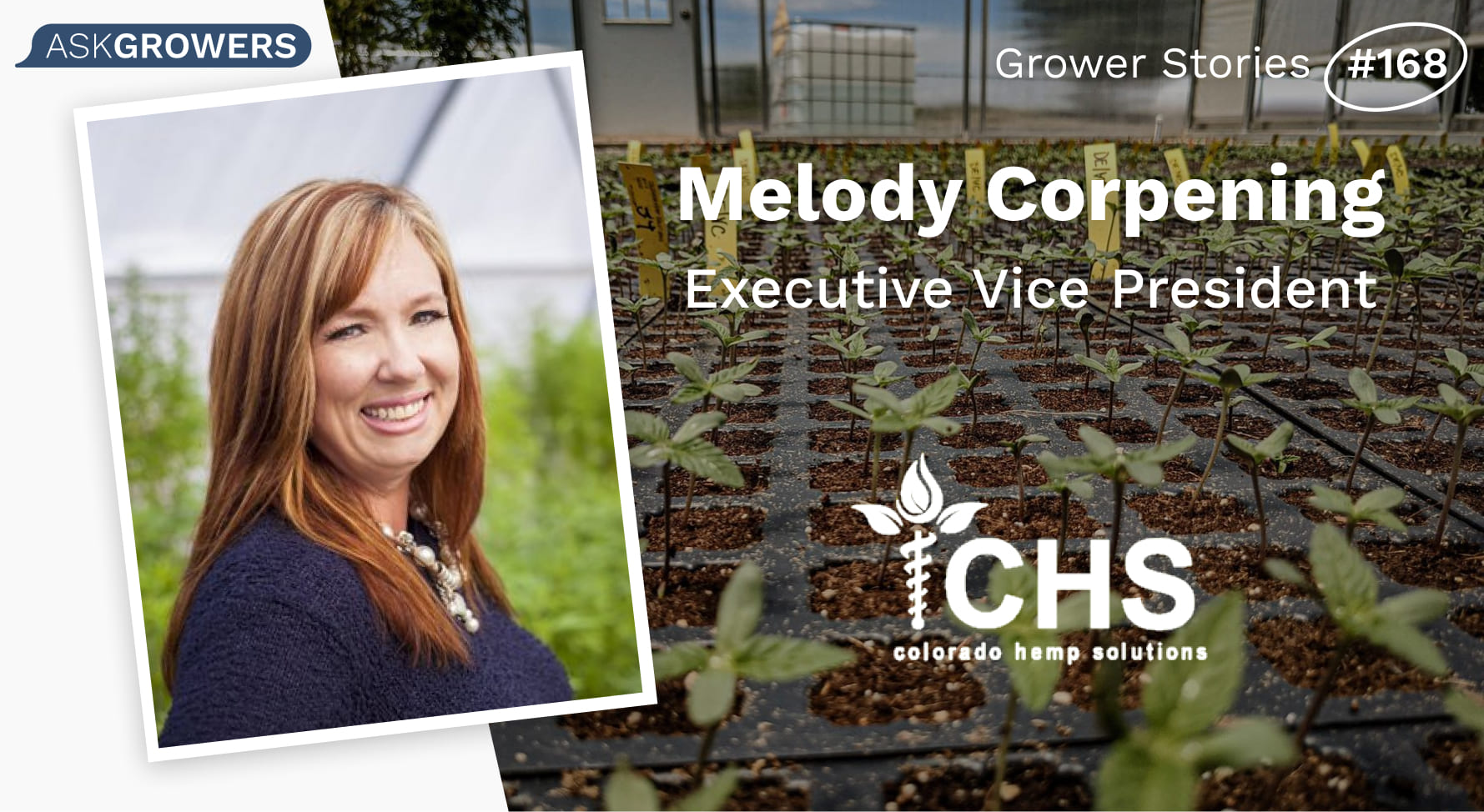
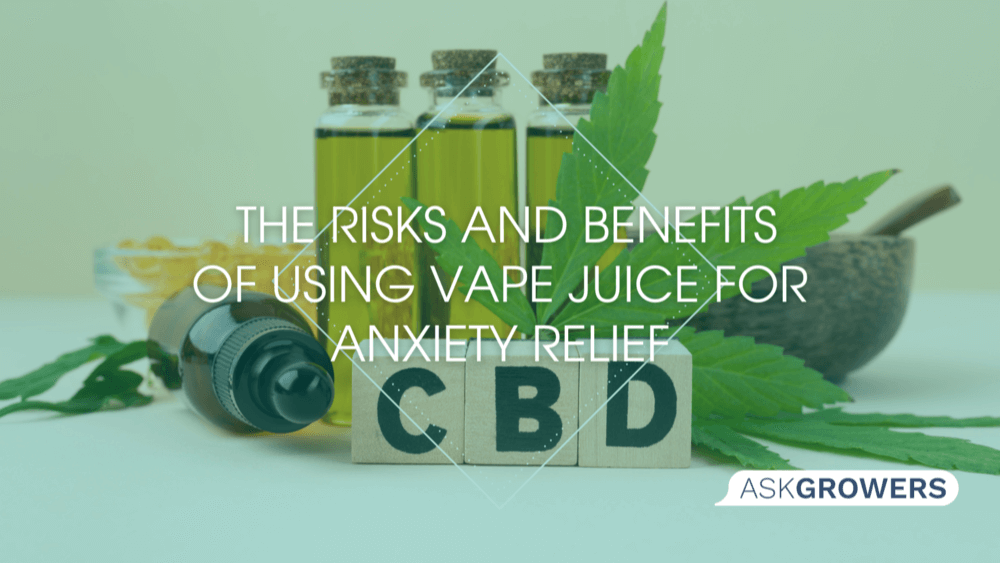
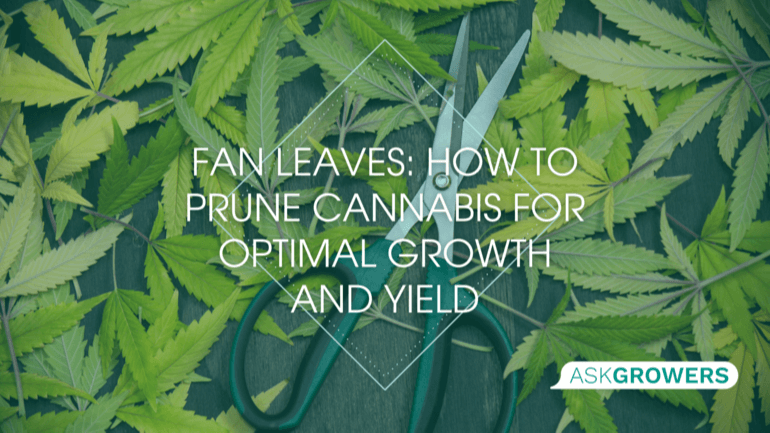
 (1).png)
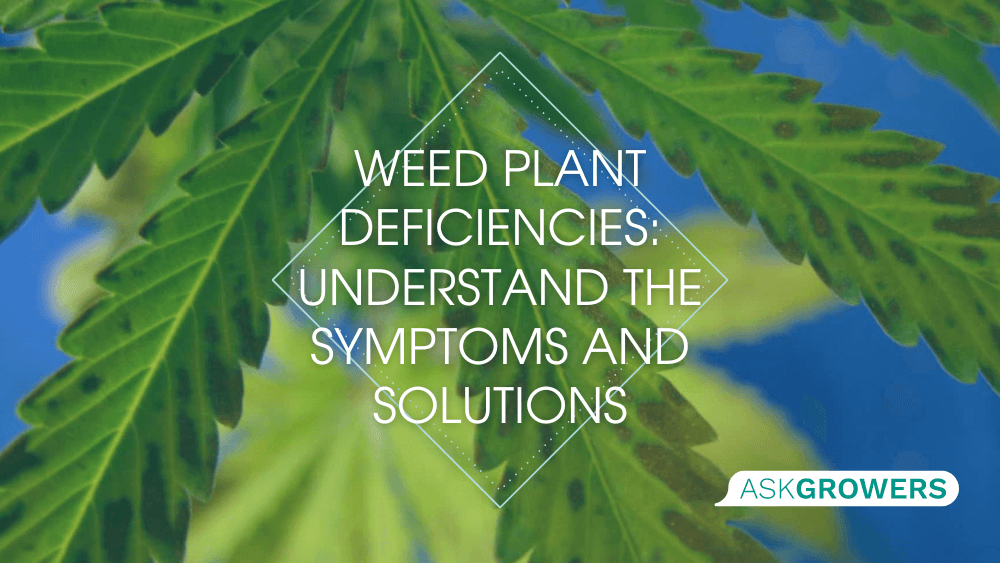
.jpg)
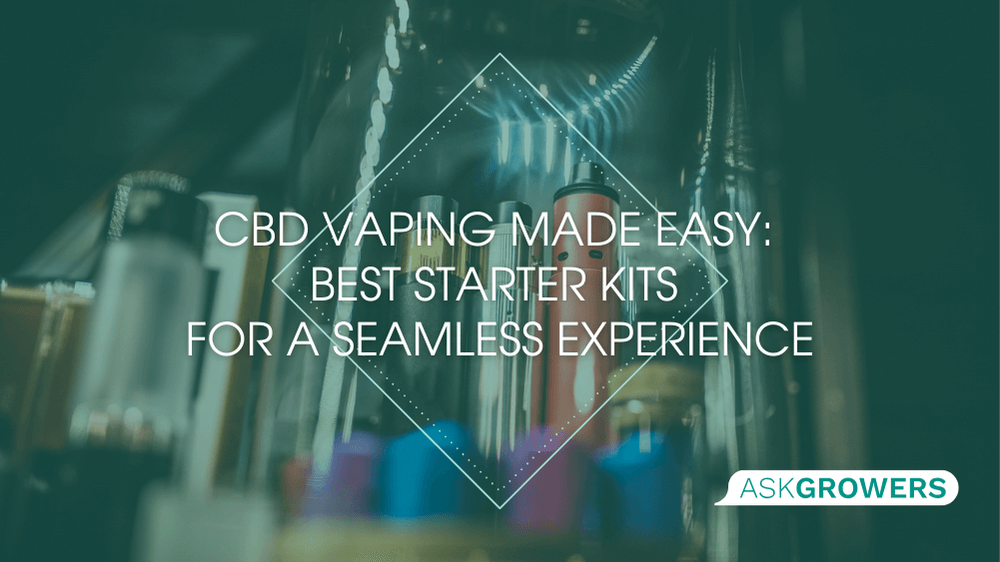
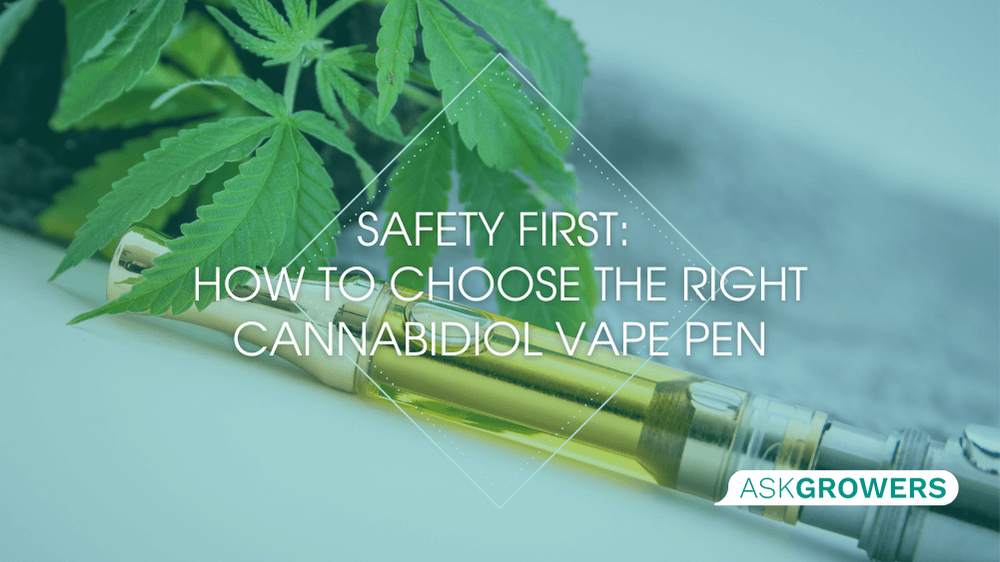
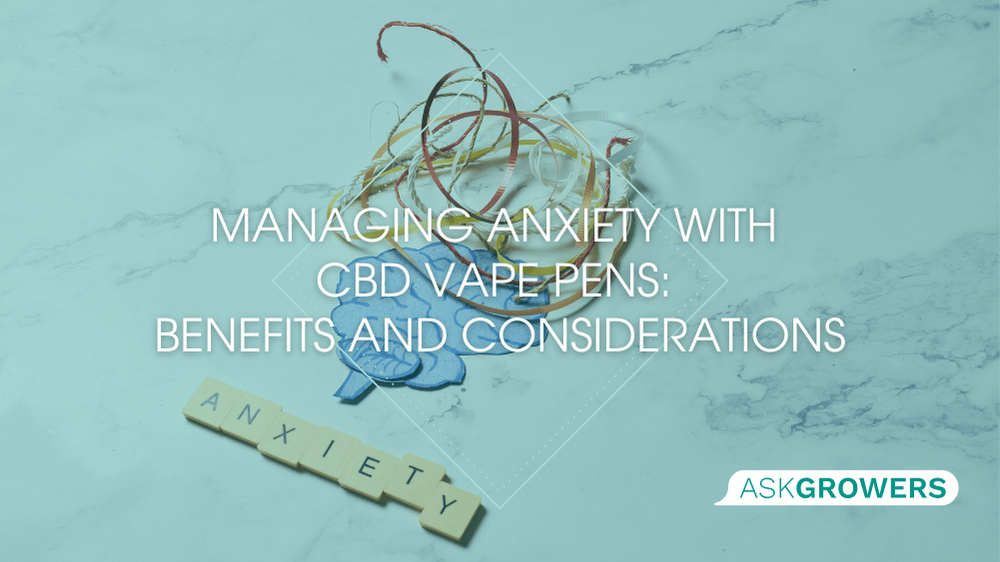
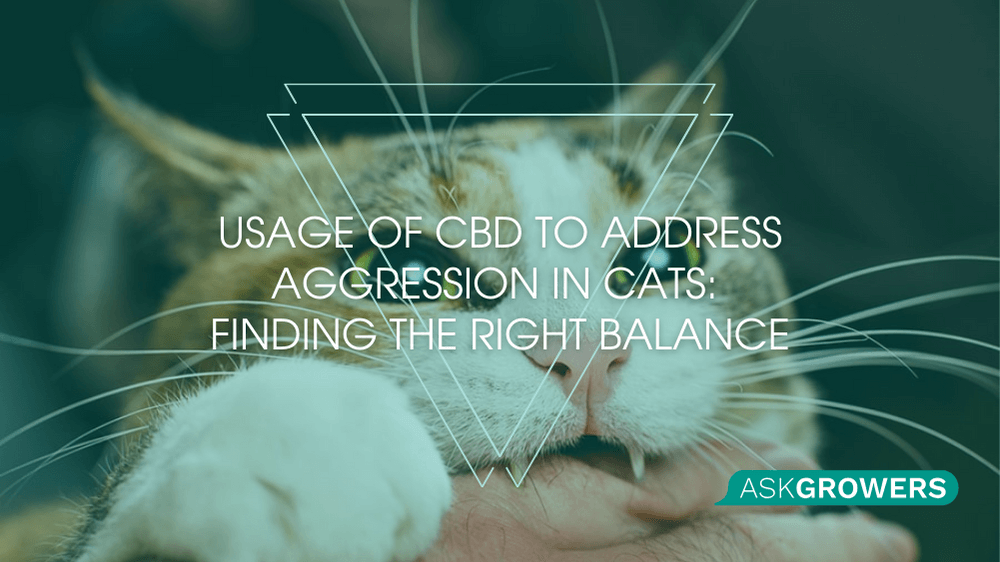

Be the first and share your opinion
Write a Review